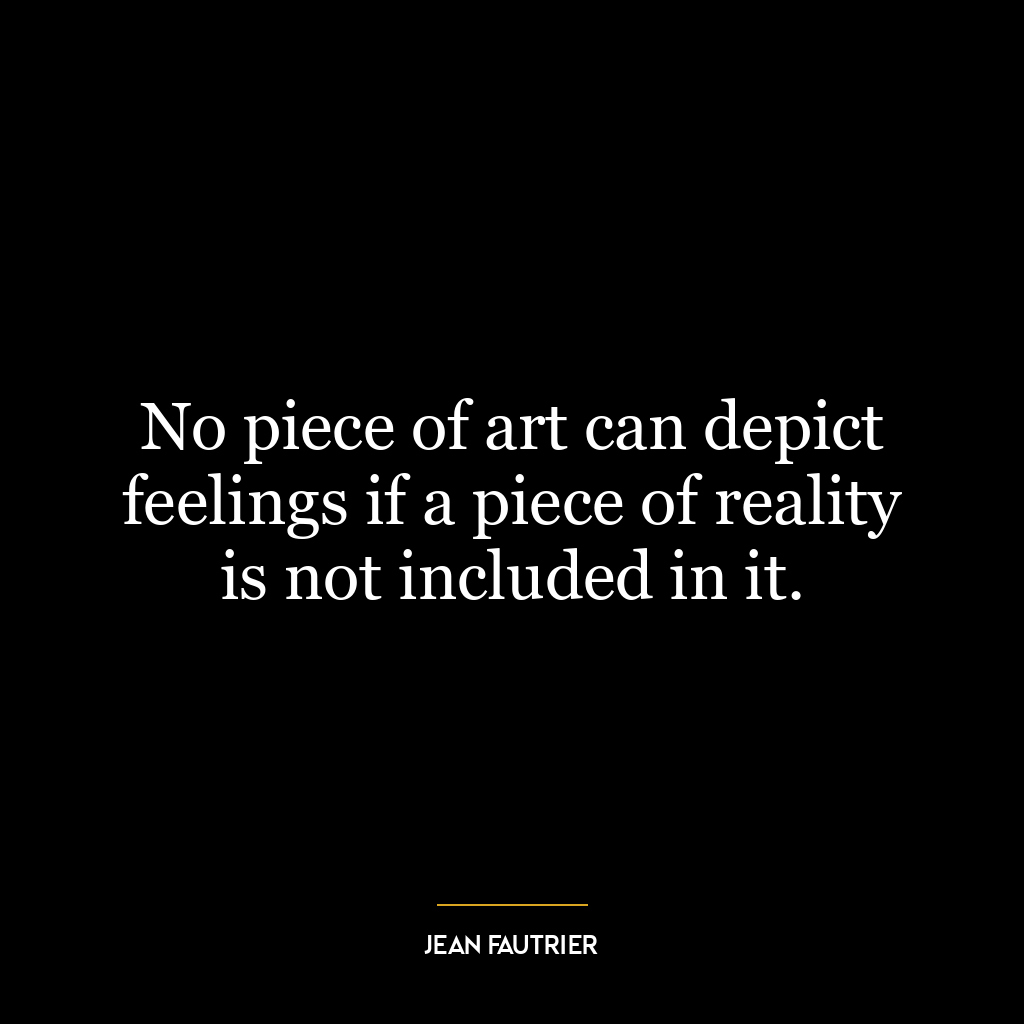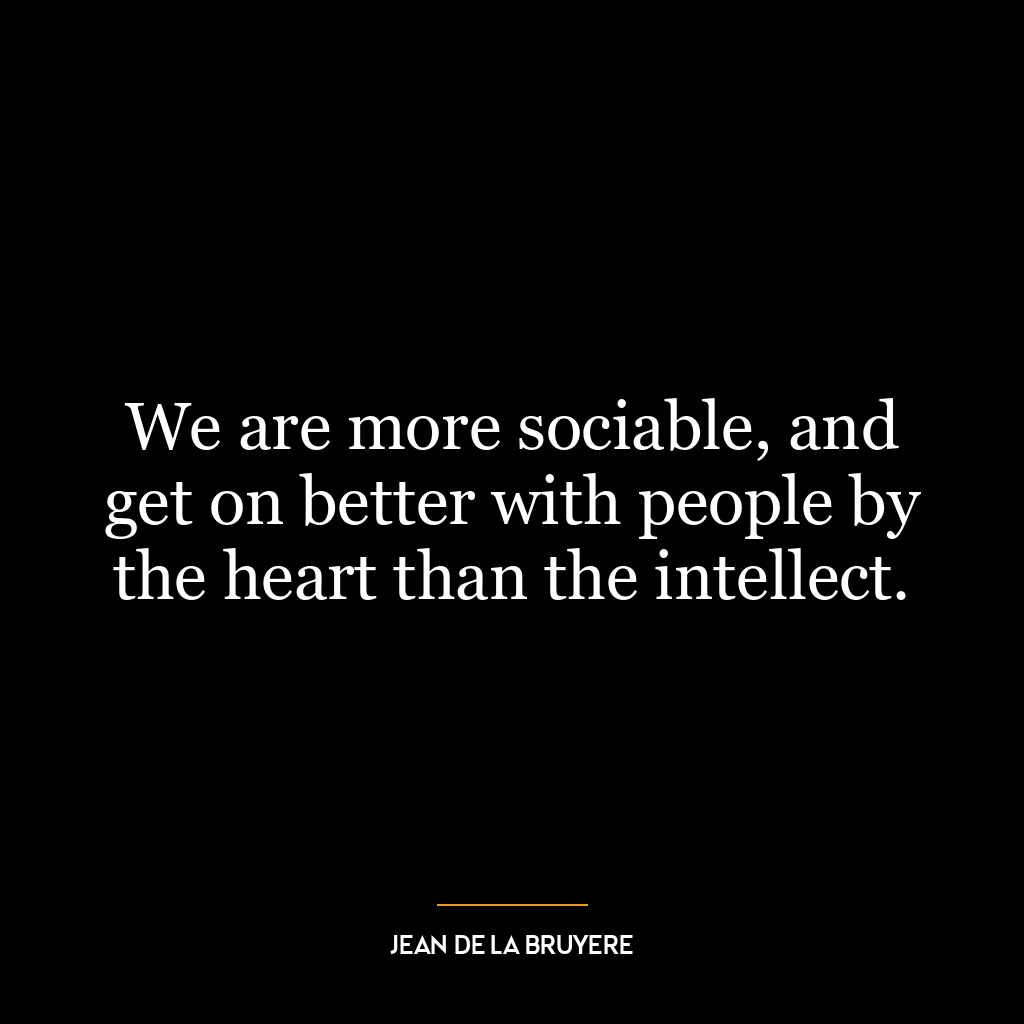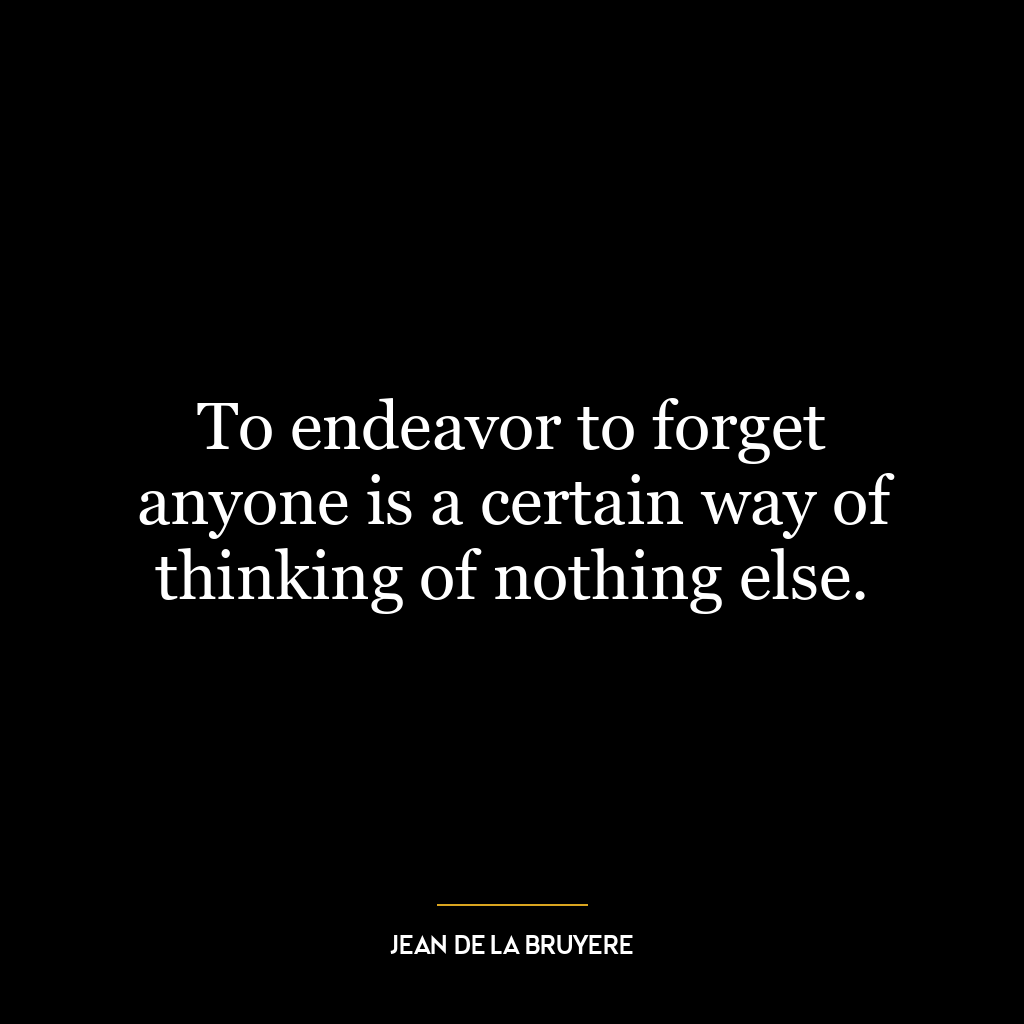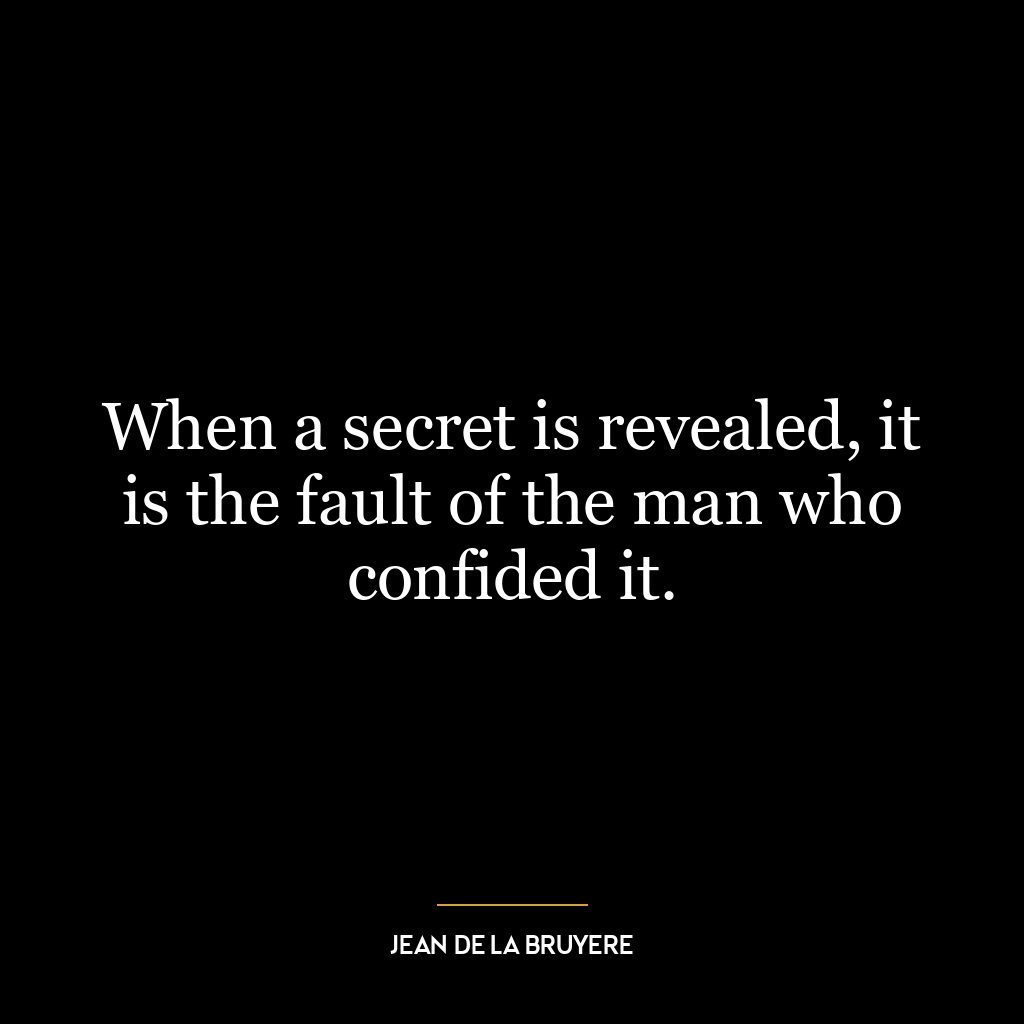This quote essentially suggests that our emotions are not dictated by external events or people’s actions, but rather by our own reactions and responses to these circumstances. In other words, it is not the situation itself that makes us feel a certain way, but how we perceive and interpret it. This perspective emphasizes personal accountability and the power of perception in shaping our emotional experiences.
For instance, if someone insults you, you can choose to feel hurt, angry, or indifferent. Your emotional response is not caused by the insult itself, but by how you choose to interpret and respond to it. This quote underscores the concept of emotional intelligence, which is the ability to understand, manage, and effectively express one’s own feelings, as well as engage and navigate successfully with the emotions of others.
Applying this idea in today’s world, especially in the realm of personal development, involves cultivating a strong sense of self-awareness and emotional resilience. It means learning to detach our emotions from external circumstances and instead, focusing on our internal reactions. This shift in perspective can be incredibly empowering, as it suggests that we have more control over our emotional wellbeing than we might think.
For example, in a stressful situation such as losing a job, one can choose to react with despair and fear, or see it as an opportunity for growth and exploration of new career paths. Similarly, in the face of criticism, one can choose to feel offended, or use it as a chance to learn and improve. This way, we can turn potentially negative situations into positive learning experiences.
In summary, this quote encourages us to take charge of our emotions, rather than letting external circumstances dictate how we feel. It promotes emotional intelligence and resilience, which are key components of personal development and mental health.









